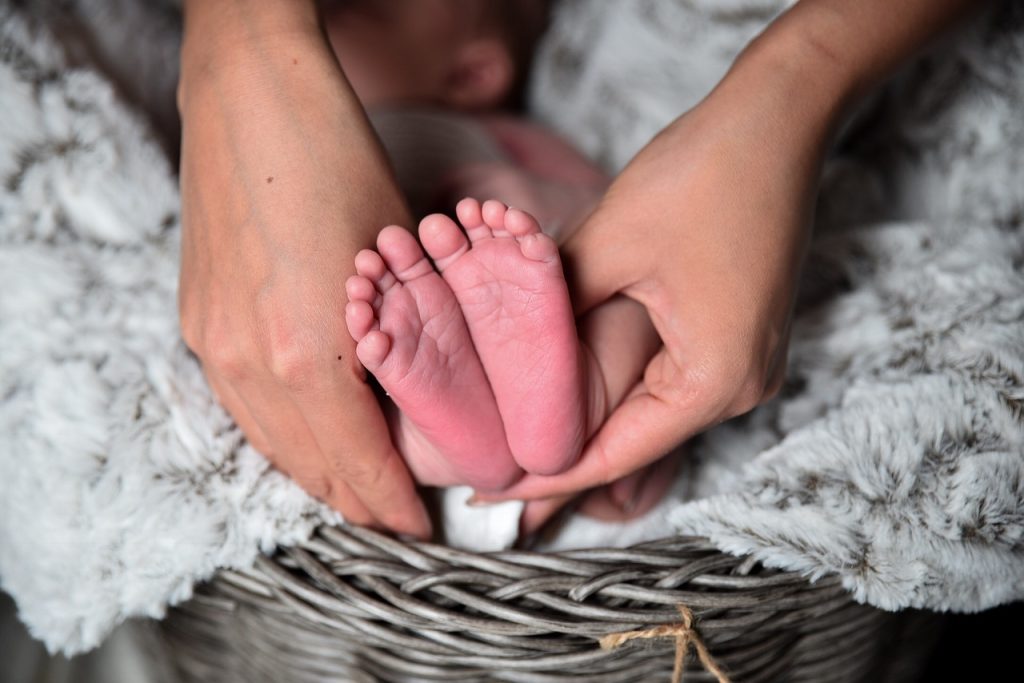Doula is a Greek word which originally meant servant. It’s come to mean a woman who supports women through pregnancy, birth and/or the postnatal period. Unlike a maternity nurse who focuses mostly on getting a baby into a good routine in the early months a doula is there throughout the journey to parenthood.
Doulas are often flexible in what they will do. Some specialise in pregnancy and birth, others only do postnatal support to help you adjust to parenthood, get breastfeeding off to a good start and recover from labour. Many will be able to put together a bespoke package to support new families.
Continue reading “Doulas: what are they and what do they do?”

